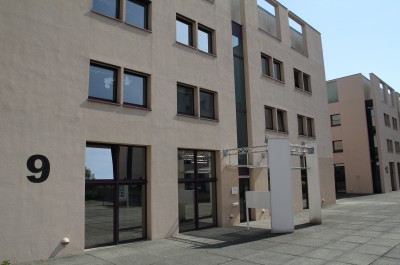| Project period |
01.10.2023 – 30.09.2025
| Project staff |
Projekt management: Dr. Laura Klebe and Prof. Dr. Tillmann Bartsch
| Funding |
Lower Saxony Ministry of Science and Culture (funding program: Pro*Niedersachsen)
| Project description |
The German penal system is based on the so-called principle of separation (cf. § 170 para. 2 of the Lower Saxony Correctional Facility Act). Up to now, it has relied on a binary-biological division of men and women who are accommodated in separate sections or institutions. A form of accommodation corresponding to one’s gender identity has only been practiced in exceptional cases. The accommodation of transgender persons in the penal system thus stands in tension between the right to gender identity derived from the general right of personality (Article 2 para. 1 in conjunction with Article 1 para. 1 of the Basic Law) on the one hand, and the unsubstantiated but sometimes presumed risks to fellow inmates on the other. Research has hardly addressed this tension and the associated questions so far. There is a lack of information about the number of transgender people in prison, but also a lack of evidence about their experiences and needs as well as about the challenges for correctional facilities in dealing with this issue.
The goal of the project, which is funded by the Lower Saxony Ministry of Science and Culture (funding program: Pro*Niedersachsen), is to conduct an in-depth examination of the legal framework and prison practice with regard to transgender persons, to identify potential needs for change, and to formulate recommendations for policymakers and the prison system. The project is scheduled for two years and based on a modular research design including an analysis of relevant legal regulations, quantitative surveys of state justice departments and prison managers, and qualitative interviews with prison staff and incarcerated transgender persons.

